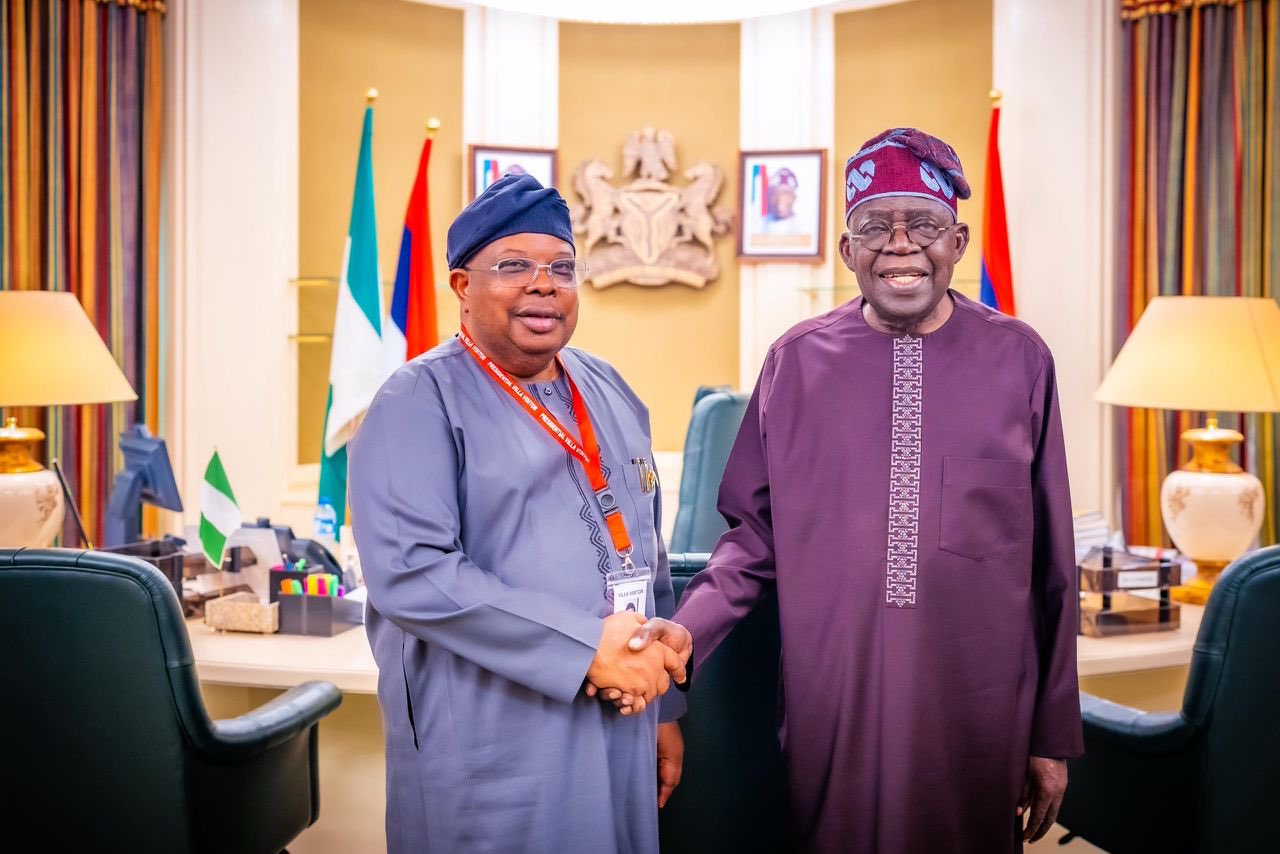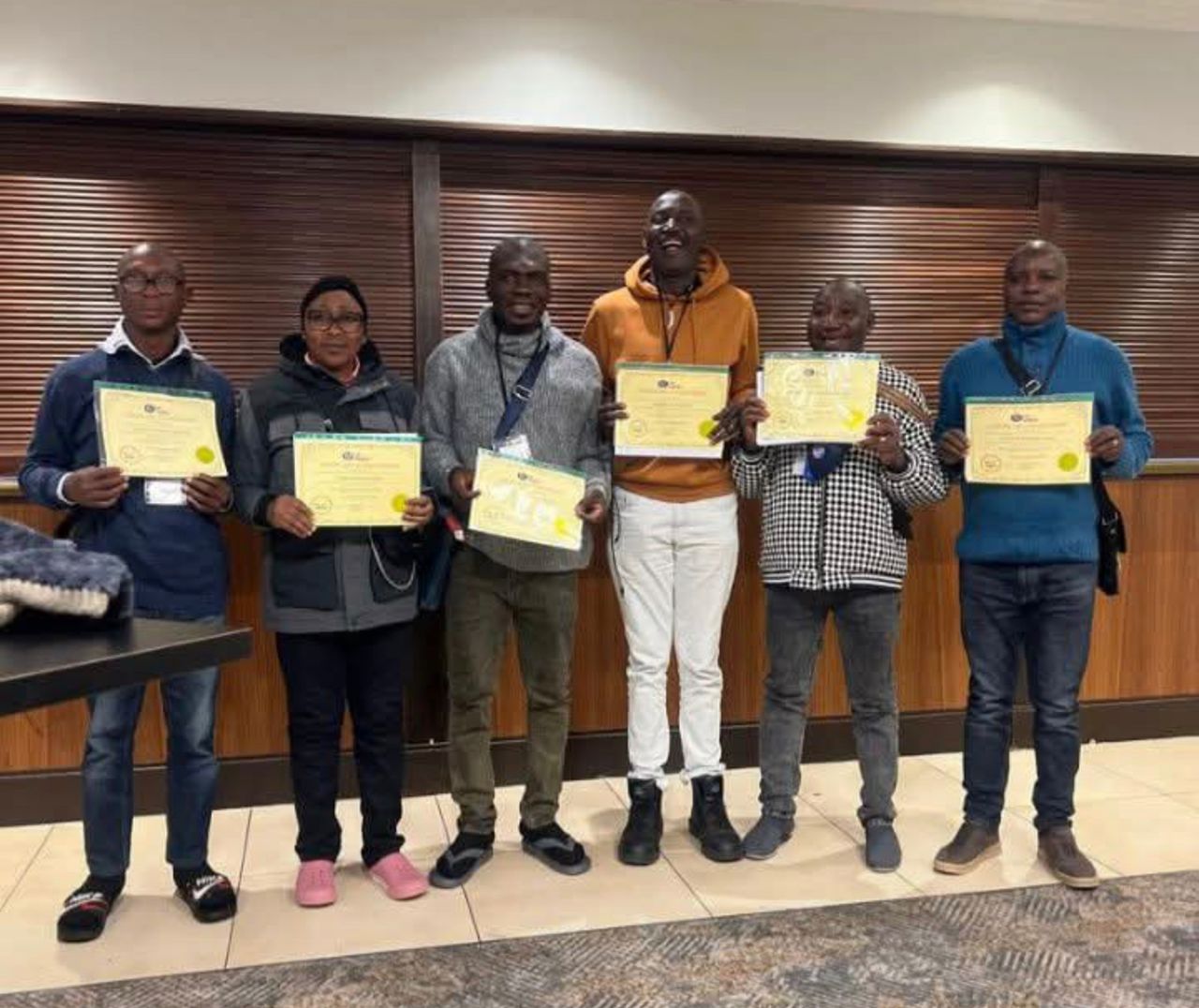Africa’s Captains Of Industry Gather In Kigali For 2nd African Renaissance Retreat — A Marriage Of Leadership, Unity Of Purpose And Continental Prosperity
Posted on November 28, 2025
NJOKU MACDONALD OBINNA
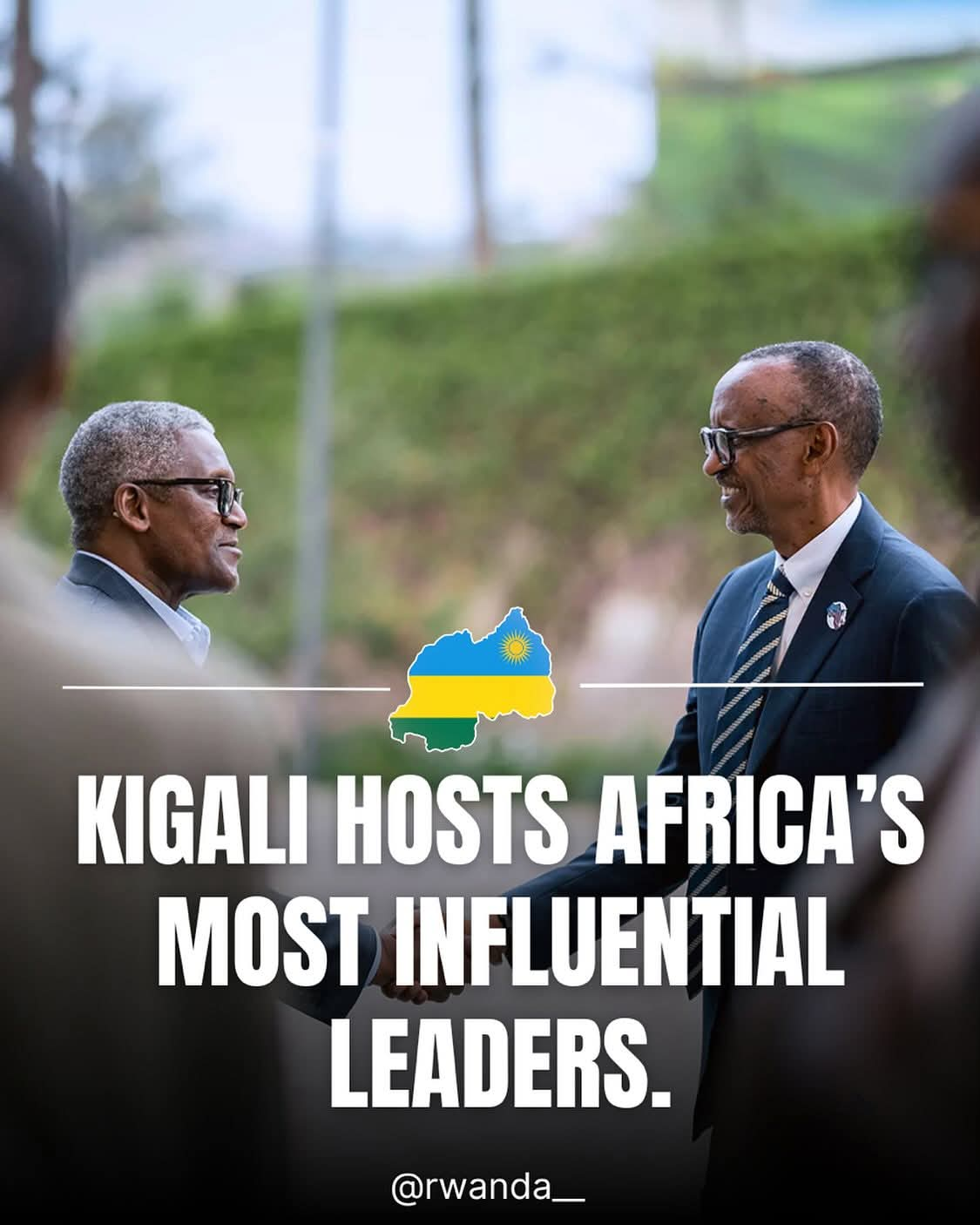
In a rare convergence of business titans and statesmen, Rwanda’s capital, Kigali, played host to the 2nd African Renaissance Retreat, where a constellation of Africa’s most respected and powerful leaders, including Aliko Dangote, Tony Elumelu, Strive Masiyiwa, Olusegun Obasanjo, Thabo Mbeki, and Louise Mushikiwabo, assembled to reimagine the continent’s economic future and strengthen bonds of pan-African cooperation. Against the backdrop of Kigali’s rolling hills, the atmosphere was one of purpose, elevated discourse, and continental solidarity.
What unfolded over several days was more than a retreat; it was a watershed moment in Africa’s modern revival, a gathering fashioned from shared vision, ancestral ambition and a determination to marry commerce with social destiny. These leaders, drawing on their respective legacies, spoke not just of profits, but of purpose: unity, legacy, and the kind of leadership that transcends national and continental lines.
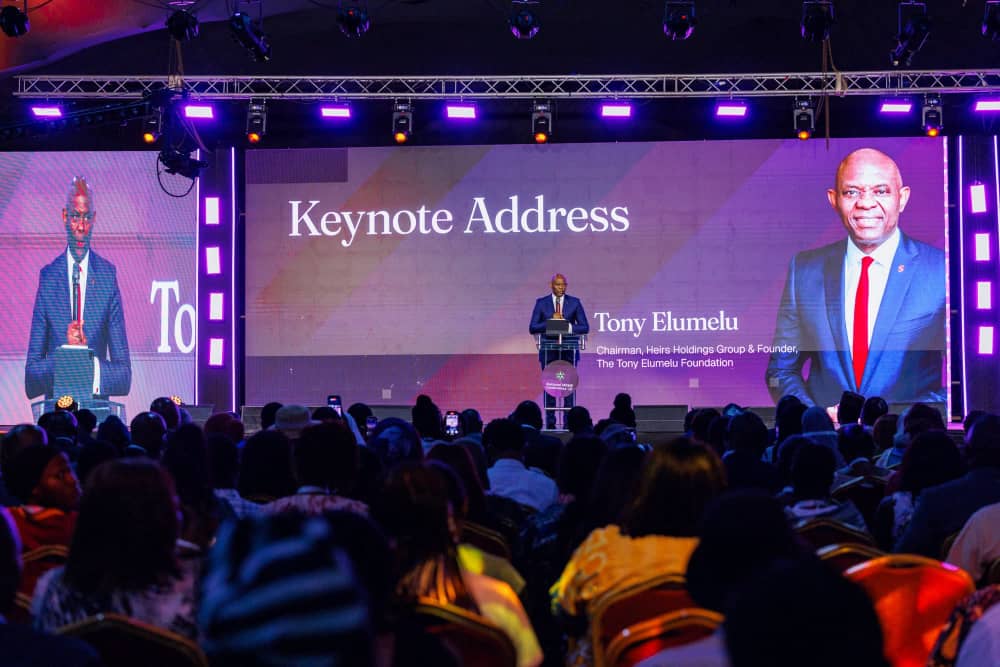
Aliko Dangote, the oil and industrial magnate, whose name echoes throughout Africa and beyond, delivered a stirring call to action. He reminded his peers that Africa’s true wealth lies not only in its natural resources but in its human capital, in its youthful population, and in the innovations its people can drive when given access, opportunity, and trust. “We must build a future on a covenant of shared ownership,” he urged, as those gathered nodded in agreement. It was a statement of intent, that African leadership must be indigenous, inclusive, and forward-looking.
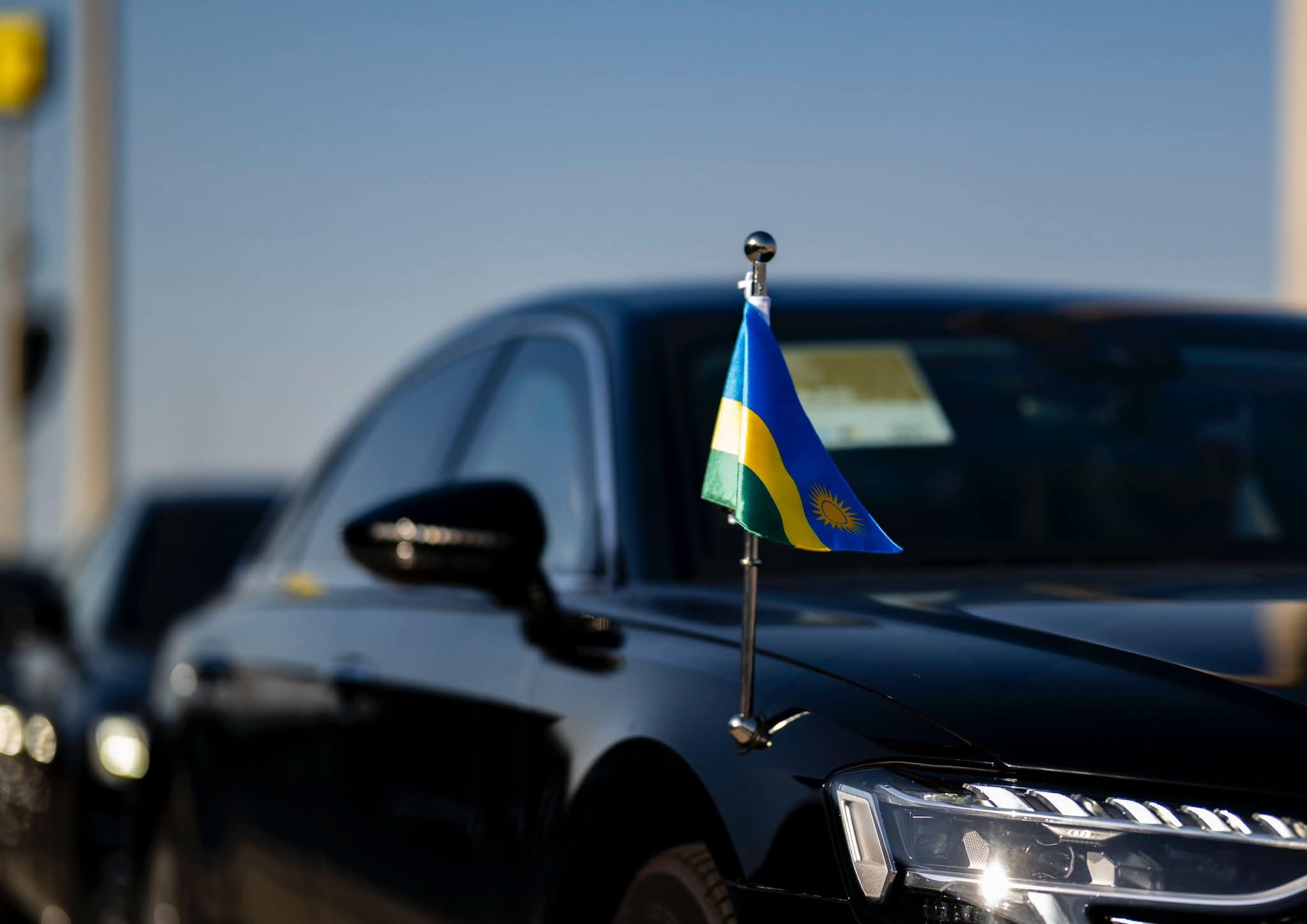
This gathering also carried deep political resonance. Former presidents, like Olusegun Obasanjo and Thabo Mbeki, anchored the discussions in historical awareness, urging emerging entrepreneurs to embrace ethical leadership that respects both tradition and modern statecraft. Their presence lent a moral gravitas to the retreat, bridging the generational divide between post-independence ideals and twenty-first century enterprise.
Equally symbolic was the attendance of Louise Mushikiwabo, Secretary-General of La Francophonie, which introduced a rich diplomatic dimension to the discourse. Her participation underscored the necessary intertwining of language, culture, and economic integration, a reminder that for Africa to truly thrive, its diversity must be celebrated, not sidelined.
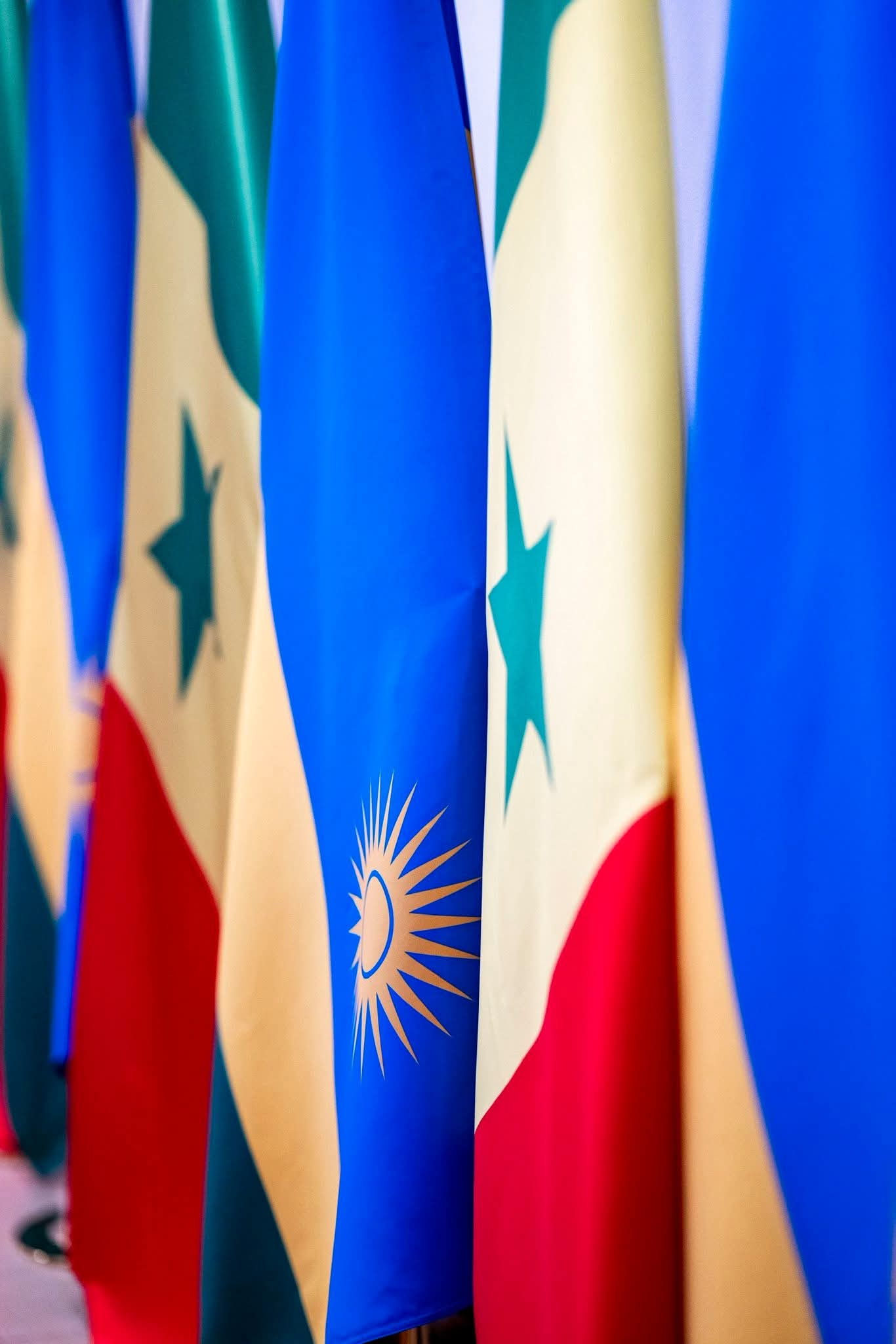
Underpinning all conversations was a powerful sense of Pan-Africanism, the belief that heritage and future are not separate but deeply entangled. As the retreat progressed, it became clear that these leaders were not just talking about growth; they were crafting a shared cultural destiny. In one deeply moving moment, a speaker invoked the Igbo proverb, “onye kwe, chi ya ekwe,” to emphasize that success must be backed by spiritual and communal convictions.
Yet the retreat was not mere rhetoric. Breakout sessions delved into actionable themes as energy, security, infrastructure financing, trade corridors, debt architecture, and youth entrepreneurship. Participants did more than dream, they planned, they committed, and they laid the foundation for tangible impact. An ambitious financing roadmap emerged, with proposals for cross-border investment funds, infrastructure-driven corridors, and shared risk partnerships.
For Africa’s business elite, the Dangotes, the Elumelus, the Masiyiwas, the summit offered a rare alignment: the convergence of capital and conscience. For its political gladiators, business titans, and legal luminaries, it was a reaffirmation of the public duty to steward their nations into a new era. For younger entrepreneurs listening with rapt attention and taking note , it was a masterclass in how culture and commerce can dance together, not in tension, but in harmony.
As the retreat drew to a close, the leaders stood as witnesses to a new covenant: one where African renaissance is not just a slogan, but a shared destiny. In the words of one participant, “We do not come here as guests in Kigali, we come as heirs of a legacy, bearing the torch of our ancestors for the generations to come.”
In this moment, Africa’s rebirth is not only imagined, it is underway, written by the pens of business leaders and statesmen alike, grounded in culture, and powered by unity.
Njoku Macdonald Obinna,
Media Consultant|Newspaper Columnist|Public Analyst,
Publisher, 4th Estate Reporters.
Categorised as : News
No Comments »
Related posts



